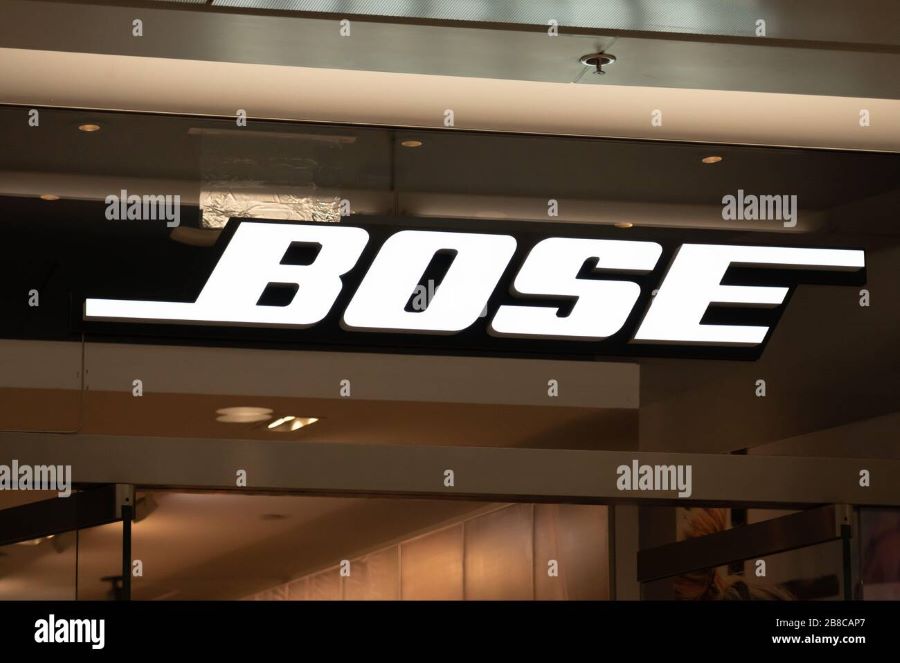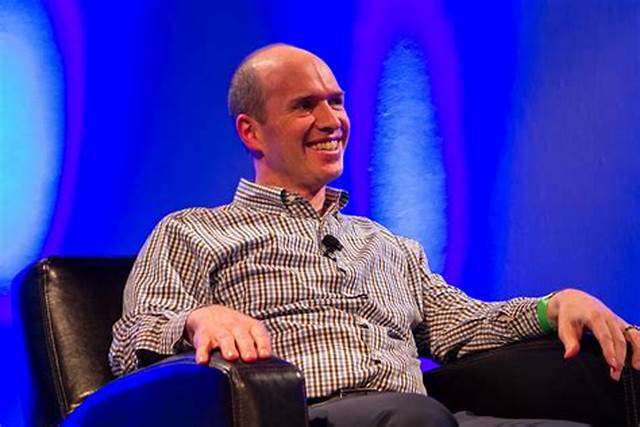Nandini Roy Choudhury, writer
Brief news
- Bose Corp. is acquiring McIntosh Group and Sonus Faber, entering the high-end luxury audio market, while McIntosh continues production in New York.
- The acquisition aims to attract discerning customers interested in handcrafted audio products, with Bose exploring potential luxury wearables in the future.
- Bose faces competition from brands like Apple and Sonos, but sees growth opportunities in the in-car stereo market, particularly with luxury vehicles.
Detailed news
Bose Corp. will acquire the McIntosh Group, a transaction that will grant the Massachusetts-based company dominion over one of the most prestigious names in high-end audio.
Bose CEO Lila Snyder announced that McIntosh will persist in producing its renowned high-end audio equipment from its long-standing headquarters in New York. Sonus Faber, an Italian company that produces high-end speakers by hand, is also included in the agreement.
Snyder disclosed to CNBC that the acquisition of the two audio workshops grants Bose entry into the high-end luxury audio market.
“There is this opportunity for luxury, where the consumer is more discerning, truly interested in the handcrafted nature, the heritage, and the story,” she stated.
Snyder, who assumed the role of Bose CEO in 2020, did not specify the parameters or price of the transaction. Highlander Partners, a Dallas-based private equity corporation, was the previous owner of McIntosh.
Since 1949, McIntosh has been manufacturing high-end amplifiers and other audio equipment. A single device from the company can cost upwards of tens of thousands of dollars. A pair of speakers priced at $140,000 is available from Sonus Faber.
The acquisition demonstrates Bose’s ability to navigate an environment that is more competitive than ever in the realm of audio electronics and headphones. Forbes reports that Bose had approximately $3 billion in sales in 2023, despite the fact that it is privately held and does not disclose its annual revenue. It employs approximately 3,000 individuals.
Bose enters the high-end luxury audio market.
According to an estimate from Futuresource Consulting, luxury audio, which is defined as products that cost more than $5,000, experienced a 12% increase in 2023, resulting in approximately $2.8 billion in total sales. The agreement will enable Bose to evaluate a more upscale market for its products, which are already costly – a pair of Bose headphones can easily cost $350.
“These are distinct customers that we are currently failing to attract with our products and technology,” she stated.
Snyder did not exclude the prospect of Bose manufacturing headphones or other products bearing the McIntosh brand.
“We do believe that there is a genuine opportunity in the luxury and high-performance space for wearables, and we anticipate that you will see this from us in the future,” Synder stated.
Bose is most renowned for its speakers and headphones, which include the QuietComfort line, which was one of the first noise-canceling headgear to be introduced to the market in 2000. Additionally, it offers speakers, wireless devices, soundbars, and audio equipment for automobiles. Last year, it divested a division that specialized in the construction of sound systems for auditoriums and other professional settings.
Since Bose was one of the few high-end manufacturers, the audio market has expanded.
Apple, which acquired Beats Electronics for $3 billion in 2014 and introduced the AirPods in 2016, is a competitor of Bose in the premium headphone market.
Bose is also facing new competition in the audio industry.
Sonos, which was previously recognized for its in-home speakers, recently introduced its first noise-canceling headphones. However, the company is currently experiencing a period of uncertainty following a user-unfavorable app redesign in May. Bose also competed with smart speakers from companies such as Amazon and Google over the past decade, which were frequently priced at a low level to encourage adoption.
The acquisition of the two luxury audio workshops has the potential to facilitate Bose’s expansion in the in-car stereo market, which Snyder estimates accounts for approximately one-third of the company’s overall business. For instance, Lamborghini automobiles are equipped with speakers manufactured by Sonus Faber, and certain Jeeps contain an audio system that bears the McIntosh trademark. According to her, Bose is enthusiastic about the potential to incorporate its noise-canceling technology into electric vehicles in order to enhance the quietness of the voyage.
“Today, there are locations where the Bose brand is unlikely to be able to operate.” Snyder cited Lamborghini as an illustration of this. “You genuinely desire the most advanced, state-of-the-art technology to be present in the most luxurious or high-performing vehicles.”
Source : CNBC news




